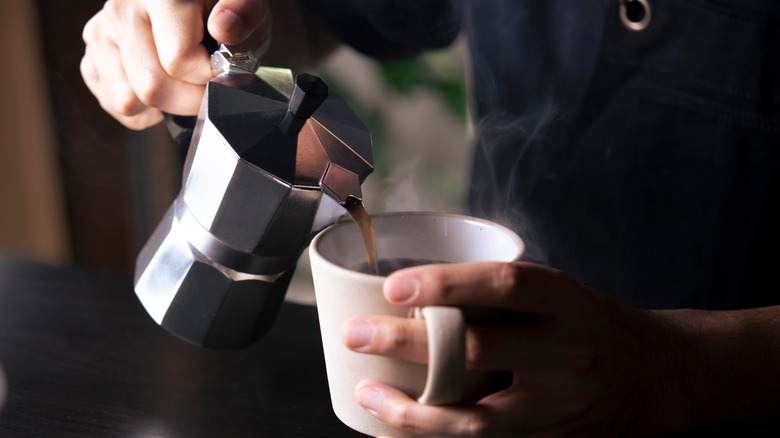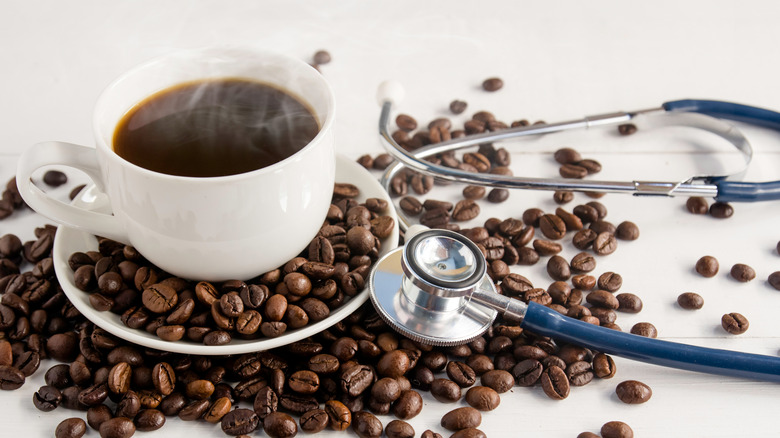Study Reveals How Habit Affects Coffee Consumption
Do you engage in your morning coffee routine consciously, or is your caffeine habit just that — a habit? According to research reported by Study Finds, four in five Americans believe that their coffee consumption is more than a thoughtless habit but rather an essential for starting the day on a high note.
A study by the University of Southern California produced evidence of the contrary. Study authors Asaf Mazar, doctoral candidate in psychology, and Wendy Wood, professor of psychology, found that although respondents attributed their coffee consumption to fatigue, their coffee drinking patterns indicated that they were inclined to consume caffeinated beverages even when they were not tired. As such, the study concluded that sheer habit played an equally strong role as tiredness when it came to subjects' coffee drinking.
These findings, superimposed over the coffee-drinking population's routines, indicate that many people drink coffee with little or no thought, an action learned through prior repetition, as per the definition of habit (via Britannica Encyclopedia).
Habit and American coffee consumption
Caffeine flows in the veins of American culture, and as a testimony to this, the third most consumed beverage in the United States is coffee, per Eat This. Seven out of 10 people drink coffee every week, and 62% of them indulge in it daily, with an average of around three cups per day, according to the National Coffee Association. Cumulatively, this amounts to a 400 million cup-per-day demand and an annual retail market worth $47 billion, per Ibis World.
These statistics hint at a coffee dependency on such a large scale that if alcohol were drunk in the same capacity, Uncle Sam might have needed an intervention. Be that as it may, the consequences of this robust caffeine habit are likely to be negligible. As a mere habit, coffee is one of the lesser evils, and in moderation, coffee may be good for you, per Healthline. Just be sure not to add unhealthy ingredients.

